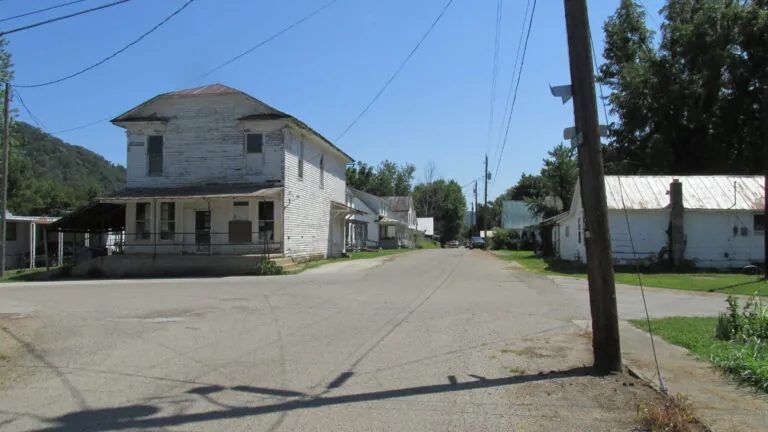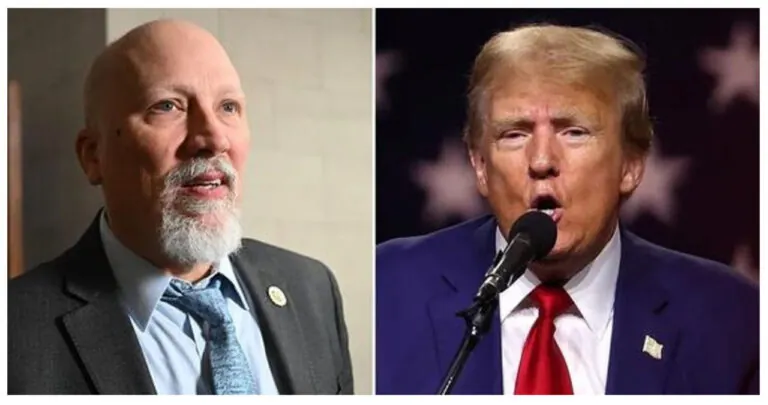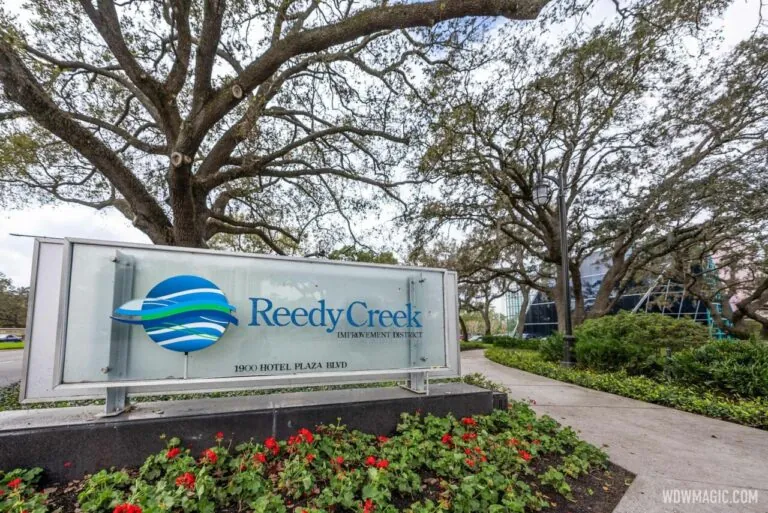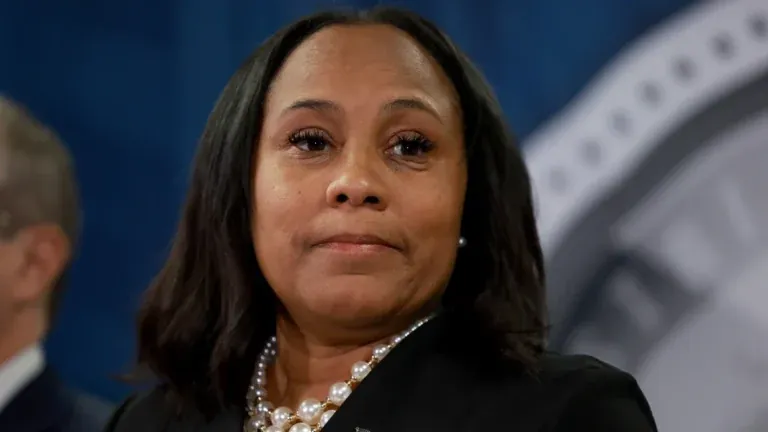Activists in Idaho persist in pushing for the inclusion of a medical cannabis proposal on the 2024 ballot
Idaho, one of the few states that still prohibit the use of any form of cannabis, is being targeted by an advocacy group that aims to change this. The group is committed to making medical cannabis accessible to Idahoans who need it.
Kind Idaho is currently gathering signatures to get their proposal on the ballot for next year. The group is determined to make a difference and is working hard to achieve their goal.
According to Joe Evans, the group’s treasurer, their objective is to legalize medical cannabis solely for cardholders in Idaho.
According to Evans, individuals are given the chance to consult with a doctor to determine if their diagnosis requires medical cannabis for their recovery and healing. Once this has been established, they are given a card that permits them to purchase the needed medicine from a dispensary. This process allows for a more personalized approach to healthcare. These statements were made in an interview with local news station KTVB.
Idaho is currently making efforts to gather signatures on their petitions before the April 14 deadline next year. Their goal is to obtain around 63,000 signatures from registered voters, which is a challenging task in itself. Adding to the difficulty is the fact that Idaho is among the five states where cannabis is still illegal on all levels. Despite this, Kind Idaho is determined to make a difference by pushing for the legalization of cannabis in the state.
Last year, the group initiated its campaign to be included on the 2024 ballot, marking a decade of unsuccessful endeavors to legalize medical cannabis in Idaho. The activists’ first attempt in 2012 was unsuccessful in gathering enough signatures to qualify for the ballot. Similarly, two years later, their signature drive fell short. In 2015 and 2016, medical cannabis campaigns were unsuccessful due to technicalities related to the ballot.
With the hope of a different outcome this time around, Evans and his team are optimistic that the public will be in favor of their cause. According to a poll conducted last year, a significant 68% of Idaho residents believe that medical cannabis should be legalized.
Supporters of the proposal, including Evans, emphasize that the initiative does not intend to legalize recreational marijuana consumption.
According to Evans, the intention is not to fully decriminalize cannabis or to simply provide medical marijuana for minor ailments such as headaches. “We are not just looking at giving people medicine. It’s not a complete decriminalization,” Evans stated in an interview with KTVB.
Idaho finds itself in a unique position, surrounded by states that have legalized recreational marijuana for adults. To the west lie Washington and Oregon, while Nevada is located to the south, and Montana lies to the east. However, Wyoming and Utah, the only two states bordering Idaho, have not yet ended prohibition on marijuana.
Many Idahoans are crossing the border to obtain legal weed due to the unique combination of geography and federalism in the region.
Located just an hour away from Boise, Idaho’s capital city, cannabis businesses in Ontario, Oregon have been catering to a large number of customers crossing state lines.
Earlier this year, NPR interviewed Steve Meland, the owner of Hotbox Farms in Ontario, who expressed that politicians have been able to create a scenario where they deny the existence of legal cannabis. However, Meland believes that in reality, everyone knows that there is legal cannabis in Boise.
Meland emphasized that the store serves a vast market, with over a million people residing within a hundred mile radius.
According to NPR, Meland’s business has become a major contributor to the economic growth that has taken place since Ontario legalized recreational cannabis shops in 2018.
According to the outlet, this small farming town, which was once primarily known for inventing the tater tot, now boasts twelve dispensaries. Ontario, the town in question, sells more marijuana per capita than any other place in Oregon. The industry provides employment to roughly 600 individuals who receive a range of benefits, including health insurance. Interestingly, many of these employees and their customers appear to be commuting from Idaho.
NPR reports that the recent boom in petitions to secede has become a contentious issue in the ongoing political and cultural battle. This conflict has been simmering since 2020, when a group of rural Oregonians from the eastern side of the state began circulating petitions to join conservative Idaho and secede from the predominantly blue state.






